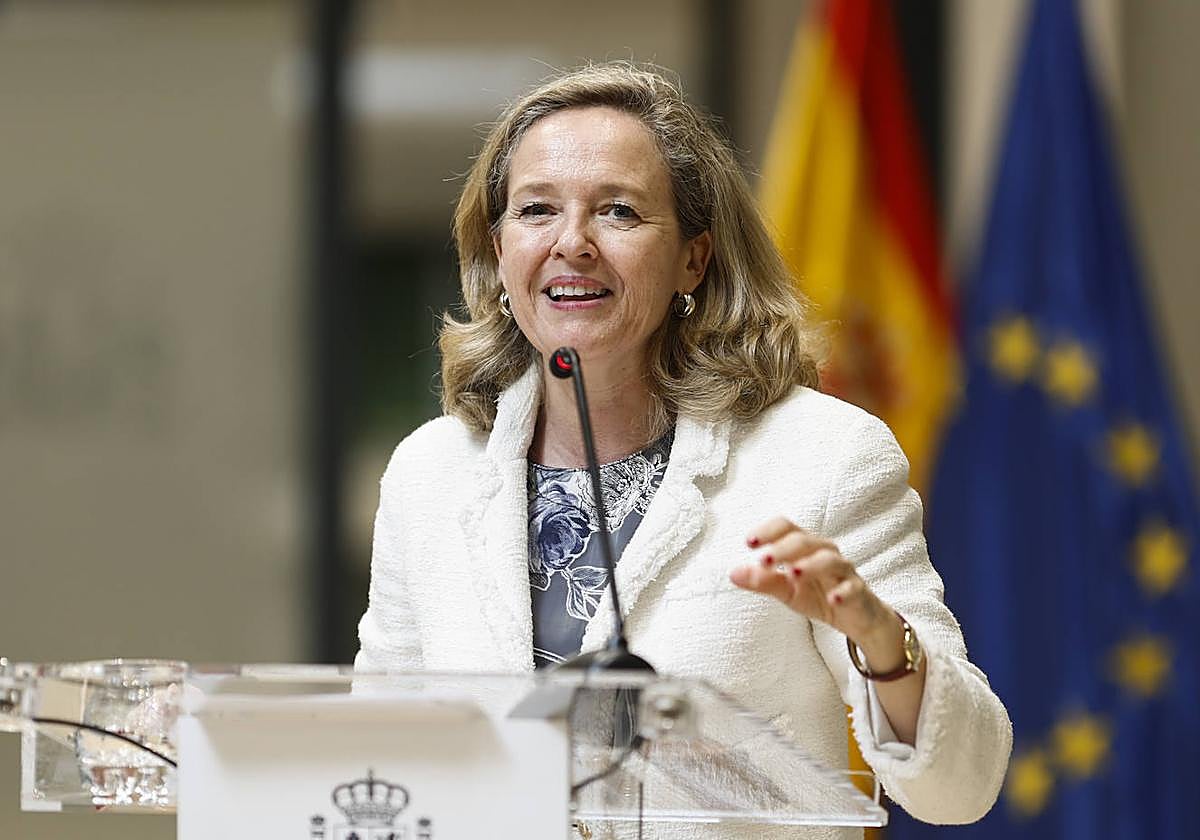No consensus
Speaking to reporters outside a conference on Wednesday, the hold-over finance minister Nadia Calviño said she was "quite confident" that an agreement would be in place before everyone heads home for Christmas
At the end of last month, Italy's economy minister Giancarlo Giorgetti expressed doubts that the EU Commission would be able to approve a new ... set of fiscal regulations for the bloc by the end of the year. This wasn't surprising, given that the country that currently occupies the six month rotating presidency of the EU Commission (Spain) has no government. Right now, Pedro Sánchez's acting administration is focused on securing another term in power, not the conflicting fiscal demands of its European neighbours.
The Commission has to secure consensus on the terms of reinstating the Growth and Stability Pact, which was suspended in 2020 because of the pandemic and again in early 2022 after Russia's invasion of Ukraine. But with a distracted provisional government at the helm of the Commission, the chances of that happening before the end of 2023 seem slim - especially because there is disagreement between Italy, which wants greater flexibility, and France and Germany, which want more rigidity. Brussels hoped that Spain, in its role as president of the Commission, would be able to mediate between the three, but so far that hasn't proved possible.
Spain is probably headed for the polls again in December, by which point it will have spent the entirety of its stint at the helm of the EU without a proper government. The most astute or realistic observers in Brussels and across the bloc will no doubt already be writing this six-month term off and hoping that the pace picks up again in January, when Belgium, the 'home team', takes over. Better luck next time Spain - in 2036, by which point we might still be waiting for the country's next government to be formed.
Giorgetti's pessimism thus appears as robust realism. It was therefore surprising to hear his (sort-of) Spanish counterpart Nadia Calviño's take on the matter this week. Speaking to reporters outside a conference on Wednesday, the hold-over finance minister said she was "quite confident" that an agreement would be in place before everyone heads home for Christmas: "There is a unanimous acknowledgement that we need to have them in place by the end of the year," she enthused.
Calviño's statement seems even more misleading given something else that Giorgetti said at the beginning of last week. The Italian minister claimed that it was slowly dawning on the EU Commission that a year-end accord is probably impossible, and that it had drafted a "sort of guidance in the event that we don't manage to approve a new pact".
Calviño, albeit as an acting finance minister without a real mandate, has surely played a crucial role in drafting that backup guidance, yet she's also convinced an agreement will be reached before New Year's Eve. Has her relentless optimism finally crossed over into delusion?
¿Tienes una suscripción? Inicia sesión

